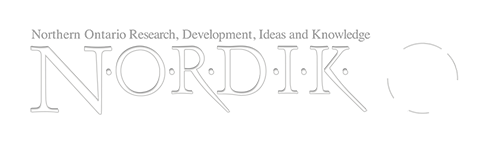Lorem ipsum dolor sit amet, consectetur adipiscing elit. Ut elit tellus, luctus nec ullamcorper mattis, pulvinar dapibus leo.
Home • Our Services
NORDIK Institute brings years of knowledge and practical experience to your unique situation to help you get the impact you’re seeking faster. Interested in finding out more? Get a free consultation today.
NORDIK supports community development by working with organizations, enterprises, and local governments to support strategic planning and to facilitate discussions and dialogue on challenging issues. A strategic plan helps you define your goal or vision and develop a plan to achieve it; helps with daily decision-making; and with allocating human and financial resources effectively. Facilitation services can help group decision making by providing a disinterested party to guide the process or point to new ways of exploring ideas and solutions.
NORDIK has two primary areas of focus: i) Regional development in rural, smaller urban, Northern communities; and, ii) Indigenous communities. It has completed over 80 research projects within the economic, social, environmental and cultural sectors since its incorporation in 2006, primarily in Northern Ontario, although a few of the initiatives have spanned provincial and international boundaries.
Its research foci include: community resilience, sustainability, transportation infrastructure, food security, agri-innovation, social economy, social innovation, cultural development, health and welfare, habitat stewardship collective impact and social return on investment.
NORDIK is a community development and research institute that takes direction from communities regarding the research being conducted in those communities. NORDIK’s research is designed to meet community needs, or pairs local and academic interests, and is conducted in partnership with the communities it concerns. Community partners include municipalities, non-profits, cooperatives, and Indigenous communities.
Whenever possible and wherever applicable, NORDIK contracts individuals as Community Based Researchers from within communities where NORDIK is conducting research for the purpose of increasing local research capacity as well a providing essential localized perspectives to research projects. Partners’ members are frequently directly engaged in the research through interviews, focus groups, community consultations, and open houses.
NORDIK attempts to keep its community partners apprised of research dissemination activities such as conferences, workshops and seminars; welcomes them to become member of the organization; and, attempts to build collaborative networks of partners sharing mutual interests and goals.

1520 Queen St. East
Sault Ste. Marie
P6A 2G4
Copyright © 2021. NORDIK Institute. Privacy Policy